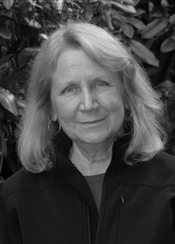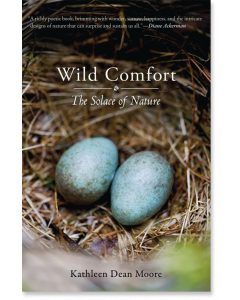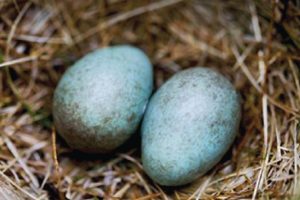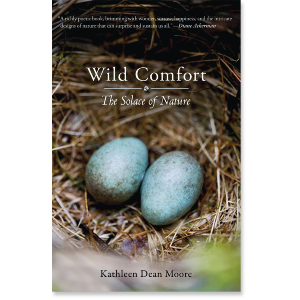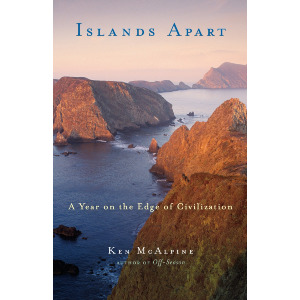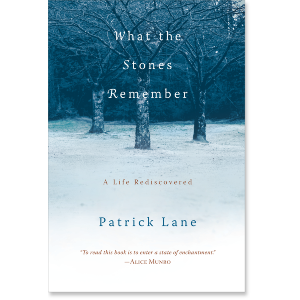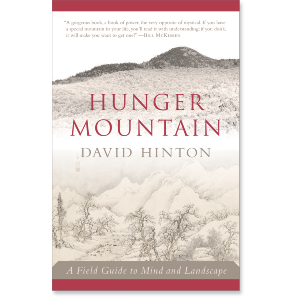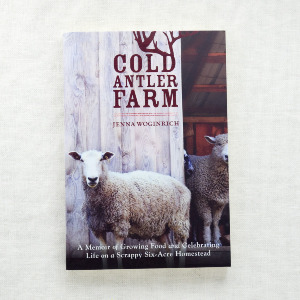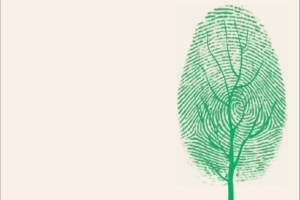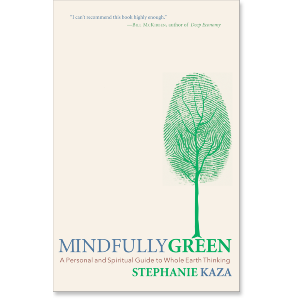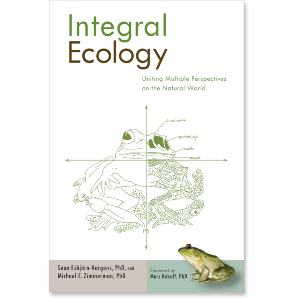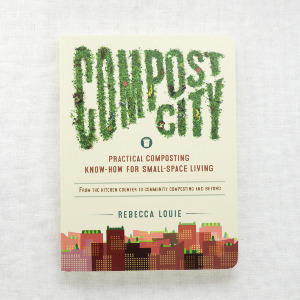Part II: Solace
“Rivers flow downhill. Rivers fall off cliffs. You cannot trust them. This is the way the world is. Life is a joke—exactly that joke, all of us falling to our deaths from the moment we are born. Where is meaning to be found in such a world—this world, this black rock, rock wren, heartrending world?” (79, “A Joke My Father Liked to Tell”)
“We all in our own ways catch the light of the world and reflect it back, and this is what is bright and surprising about a person, this rainbow shimmer created from colorless structure. Maybe there is no meaning in the world itself—no sorrow. In fact, no good or bad, beginning or end. Maybe what there is, is the individual way each of us has of transforming the world, ways to refract it, to create of it something that shimmers from our spread wings. This is our work, creating these wings and giving them color.” (82, “A Joke My Father Liked to Tell”)
“But I believe hope is not a gallows screen. Hope is what keeps us climbing the stairs toward gallows we know full well await us, which is what we do so nobly and what has become our art, our beauty, our cause for celebration.
To carry on, to continue, to make or find what gentle beauty we can before our lives end—this is the thing with feathers even when its head falls off.” (99, “Things with Feathers”)
“No measure of human grief can stop Earth in its tracks. Earth rolls into sunlight and rolls away again, continents glowing green and gold under the clouds. Trust this, and there will come a time when dogged, desperate trust in the world will break open into wonder. Wonder leads to gratitude. Gratitude opens onto peace.” (103, “Morning in Romero Canyon”)
“For how smart we think we are, how facile with words, we don’t have a word for this feeling, the feeling of being blessed by belonging. If the universe is an unfolding bud, then I am a part of its creative surge, along with the flowing of water and the growing of pines. I can find a kind of camaraderie in this universe, once I recover from the astonishment of it. Or maybe not camaraderie exactly. What is the opposite of loneliness?” (147, “The Possum in the Plum Tree”)
“The secular sacred. Secular: living in the world. Sacred: worthy of reverence and awe. Reverence: profound respect mixed with love and awe. Awe: fear and admiration.” (153, “The Time for the Singing of Birds”)

